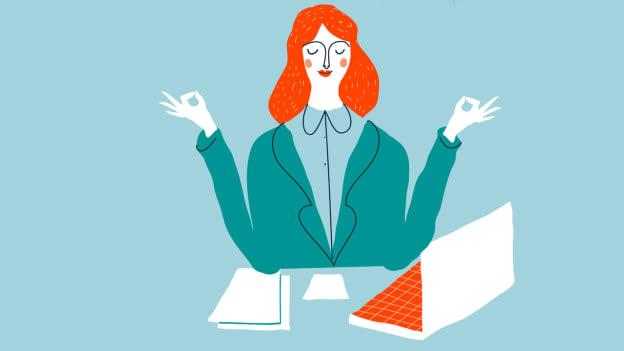Mental wellness for startup founders: Risks and coping strategies

Running a startup is no bed of roses, what with the uncertainty, constant challenges, intense pressure, and sense of responsibility involved. But just how stressful is it, and how can startup founders better deal with the pressure? A new report by Singapore-based mental health startup SafeSpace and the government-linked Action Community for Entrepreneurship (ACE) found, for a start, that 59 percent of startup founders feel that running the business has taken a toll on their mental health; that exercise is the top coping strategy; and that the majority of founders care strongly about the mental health of the rest of their team, but aren't sure how to address issues that arise.
"Mental wellness is essential to leading a healthy, balanced, and happy life. It enables us to be in greater control of our thoughts and emotions, while equipping us to better handle challenges and nurture stronger relationships,” said Dominic Ang, CEO of ACE. “In the high pressure world of startups, mental wellness becomes even more critical for founders and their teams to stay on top of the game.”
Who is most at risk?
Between November 2020 and May 2021, the research team surveyed over 150 startup founders in Singapore and sought input from clinical therapists on the results. The findings showed that:
Male founders are more likely to find that running a startup takes a toll on their mental health, and they are more likely to be stressed by team dynamics and the relationship with their co-founders. The report notes that male startup founders have a tendency not to communicate with or confide in others, which may contribute to these challenges.
In comparison, female founders are significantly more likely to be stressed by cash flow issues and physical health, and the report found anecdotal links that female founders are more likely to overwork themselves in response to business challenges.
Solo founders are more likely to be stressed by cash flow issues and long working hours, which the report attributes to the challenges of running the business single-handedly. Furthermore, solo founders are more likely to have had their businesses negatively impacted by COVID-19.
Co-founders are, unsurprisingly, more likely to be stressed by team dynamics and the relationship with other co-founders. But the report found, curiously, that startups with multiple co-founders are more likely to have seen a positive impact from the pandemic.
How do these problems manifest?
The mental health challenges faced by startup founders typically manifest in their behaviour, their feelings, and their overall response to the ups and downs of daily life. For example, 58 percent of founders said that the demands of everyday life often got them down, and 23 percent said they had problems sleeping because of the stress.
Relationships also suffered, possibly because founders' temperaments were affected. 75 percent said they were “rather touchy and easily irritated”, and almost 15 percent of the respondents said they felt angry often or even all the time.
What's more, 70 percent said they had difficulty maintaining close relationships, partly because their family and friends could not empathise with the issues they faced. 25 percent actually found that their relationships had suffered over the course of their entrepreneurial journey, which the report flagged this out as potentially a serious issue in the long term.
Lynette Seow, co-founder and Chief Operations Officer of SafeSpace, called on stakeholders in the startup ecosystem to pay more attention to these issues. “We encourage investors, accelerators, and incubators to invest in startup mental health, so as to safeguard their own investment,” she said.
What coping strategies work?
Exercise was the most popular coping strategy among founders, followed by mindfulness, peer support, and family support. However, the report again found distinct differences between male and female, solo and multiple founders. For example, female founders are more likely to draw on peer support and family support, while male founders are more likely not to have any coping strategies at all.
Co-founders were also significantly more likely to rely on exercise and drinking, possibly because it is a social activity in which all founders can participate. Solo founders on the other hand were more likely to turn to religion and smoking. However, the report flagged out drinking and smoking as unsustainable over the long-term.
A more concerning finding was that many startup founders do not actually make use of counselling or other mental health support resources, because they are concerned about the expense and the time spent.
This reluctance to invest in mental health apparently extends to their staff as well: 78 percent of founders ranked looking after their team's mental health as highly important, but almost none had specific processes in place to support staff's mental health, frequently relying on ad hoc conversations to check on people's mental well-being.
The therapists who contributed to the report offered detailed suggestions for startup founders to maintain their mental health and deal with challenges. Here are a few broad strategies:
- Reduce the stress by reframing. Establishing a startup of your own is a huge opportunity and an incomparable experience.”
- Try thinking of it as a marathon, not a sprint. Take it one step at a time.
- Make self care a priority. Focus on sleeping and eating well, for example.
More advice is listed in the report, which is available from SafeSpace's website.















